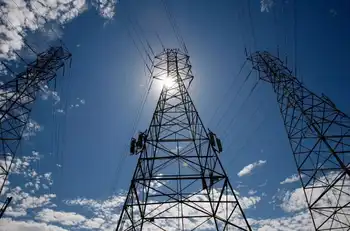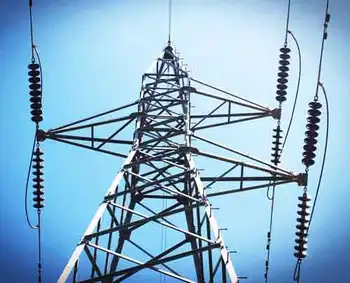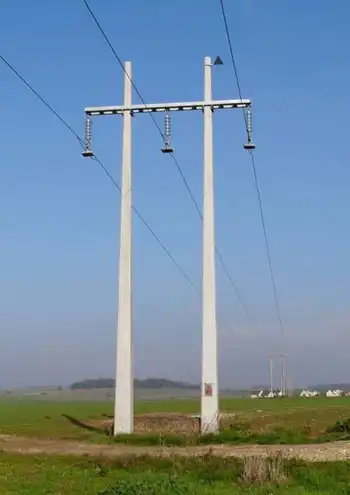Leaky pipe shuts down Vermont Yankee nuclear
By Associated Press
Electrical Testing & Commissioning of Power Systems
Our customized live online or in‑person group training can be delivered to your staff at your location.

- Live Online
- 12 hours Instructor-led
- Group Training Available
Plant spokesman Larry Smith said the nuclear reactor was taken out of service at 7 p.m. November 7 and estimated it would take 13 hours for it to cool down enough so technicians could enter the area to make repairs.
The cause of the leak was not immediately known.
Smith said the leak of about 60 drops a minute was spotted prior to 7 p.m. during routine surveillance. It was coming from a 2-foot-wide pipe that was part of the circulation system involving the reactor. The water was being collected by a sump pump and cycled back through the system, he said.
NRC spokesman Neil Sheehan said agency inspectors were overseeing the shutdown. He said the water would have low levels of radioactivity, such as tritium and other isotopes, as part of the usual plant operation.
"The levels are so low, they really wouldn't be harmful to anybody," Sheehan said. "There is no immediate health or safety concern as far as this leakage. Any leakage would be captured by the plant system so there's no exposure to the public."
It was the second shutdown within the hour at a plant owned by New Orleans-based Entergy Corp.
A transformer exploded at a nuclear power plant north of New York City, forcing an emergency shutdown of one of its reactors. No one was injured and no radioactive materials leaked.
Entergy spokesman Jim Steets said the affected reactor, Indian Point 2, would remain offline until investigators could determine the cause of the explosion.
Sheehan called the two shutdowns "complete coincidence."
The outage at the Vermont plant was not expected to cause any shortage of power in New England, which has a surplus of electricity. The plant provides electricity to the region's power grid.
It was the first unplanned shutdown at the plant since May, when a problem developed in the electrical switchyard where the plant connects to the grid. The leak also came three days after Entergy announced it hopes to sell Vermont Yankee, which it bought from a group of New England utilities in 2002.
Vermont Yankee has been hampered by problems this year.
In January, officials announced that tritium, a radioactive isotope of hydrogen that has been linked to cancer when ingested in large amounts, had turned up in a test well on Vermont Yankee's property on the banks of the Connecticut River in Vernon. Later, other radioactive substances were found to have leaked into groundwater and soil surrounding the plant.
Also in January, legislators learned that Vermont Yankee personnel had misled them and state regulators by saying Vermont Yankee did not have the type of underground piping that would leak tritium.
In February, the state Senate voted to kill a bill to allow regulators to issue a new state license for Vermont Yankee to operate after 2012, when the plant's current state and federal licenses expire. Lawmakers could revisit the issue in their session next year.
Even with the recent announced plan to sell the plant and Entergy possibly out of the picture soon, Democrat Sen. Peter Shumlin, who appears likely to be named by the Legislature as the state's new governor, said he would continue to oppose a license extension for the 38-year-old plant, calling it old and tired.











